Index relies entirely on the support of donors and readers to do its work.
Help us keep amplifying censored voices today.
[vc_row][vc_column][vc_single_image image=”114463″ img_size=”full” add_caption=”yes” alignment=”center”][vc_column_text]“Journalists are very, very afraid. They are being seen as enemies of the state because of this surveillance, because of their political activism, opposition politicians are afraid, everybody is afraid of the government,” said Issa Sikiti da Silva, a journalist from the Democratic Republic of Congo who has travelled to and reported from many countries across Africa. Sikiti da Silva was speaking at the digital launch party of the Index on Censorship summer magazine, held on Friday 31st July.
The summer issue looks at the ways in which our privacy is being increasingly infringed upon in the coronavirus era. From health code apps in China dictating when people can leave their homes to poor digital literacy levels in Italy (and beyond) leaving people vulnerable to exploitation, the magazine takes a broad view.
Sikiti da Silva was joined by Turkish writer and journalist Kaya Genç and Spanish journalist Silvia Nortes. The panel was chaired by Rachael Jolley, editor-in-chief of Index on Censorship magazine.
“The state is tapping our phones, the state is following us into Starbucks branches…they’re all around you. But with online surveillance it’s impossible for me to know whether someone from the Turkish embassy in Britain is watching this event or someone from the intelligence agency in Turkey is watching this event. So it puts us on the spot, this new age of digital surveillance, and that’s what my piece was about for the new issue of Index,” said Genç as part of the discussion.
When asked if recent increased surveillance, in light of the Covid-19 pandemic, was a cause for concern in terms of media freedom all panellists said it was.
Genç explained how digital surveillance is a more insidious form of government espionage, which is causing a fresh set of worries: “In a country like Turkey the state is a very palpable thing, you see it on the street…and its presence makes it a bit vulnerable because we are the one that is scrutinising that visible entity. But now it seems with apps like Life Fits Home [a Covid-19 tracing app], the state became invisible and its surveillance powers have increased.”
Nortes discussed how, in Spain, reactions to Covid-19 tracing apps and state surveillance have fallen along generational lines: “Younger people are more open to using this kind of app because, of course, they are aware that we live in a hyper connected society.”
She suggested that historical precedents may have imbued older generations with a different perspective on security around their personal information: “They feel more reluctant to give in their data and I believe this is connected somehow with [General] Franco’s dictatorship.”
She continued: “The surveillance of these years really has something to do with the concept of private life that older generations have in Spain.”
Sikiti da Silva painted a picture of Africa as a continent in which dictators continue to rule.
“Journalists are being watched over [by the state] and by the time they have enough evidence then they will move on you or arrest you or kill you whatever they want to do with you.”
When Jolley asked if anyone was fighting back against this kind of oppression, Sikiti da Silva was blunt in his reply. He said that without money or power, there is no fighting back. “What people do mostly is to run away. In Africa we only have one solution. You run away…that’s all you can do. You just leave the country before it is too late.”
This has informed Sikiti da Silva’s travels around Africa: “Where there is media freedom I stay. Where there is no media freedom I do two or three stories, then I run away.”
Nortes said that the national security force in Spain is working on detecting ‘fake news’ which could “generate hostility toward the government’s decisions”.
“This is targeted surveillance, they’re just looking for news that could affect in a bad way the government’s management of the pandemic.” This is a trend that Index has been reporting on as part of a global project to map media freedom during the coronavirus crisis.
“We need to be sure that once the pandemic is over we will have the same rights that we had before,” added Nortes.
Click here to read more about the current magazine [/vc_column_text][/vc_column][/vc_row]
[vc_row][vc_column][vc_column_text]

Richard Patterson/Flickr
[/vc_column_text][vc_column_text]
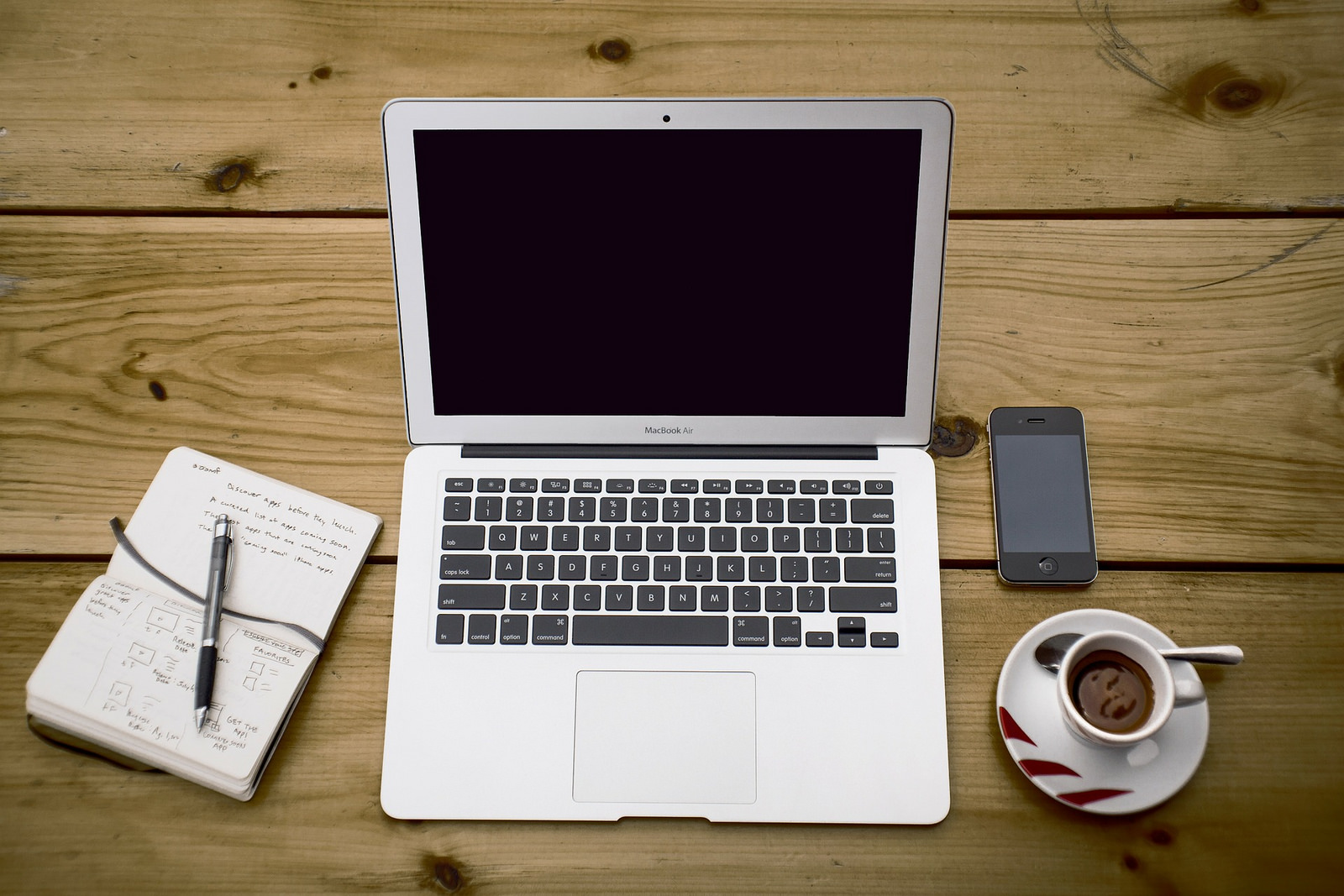
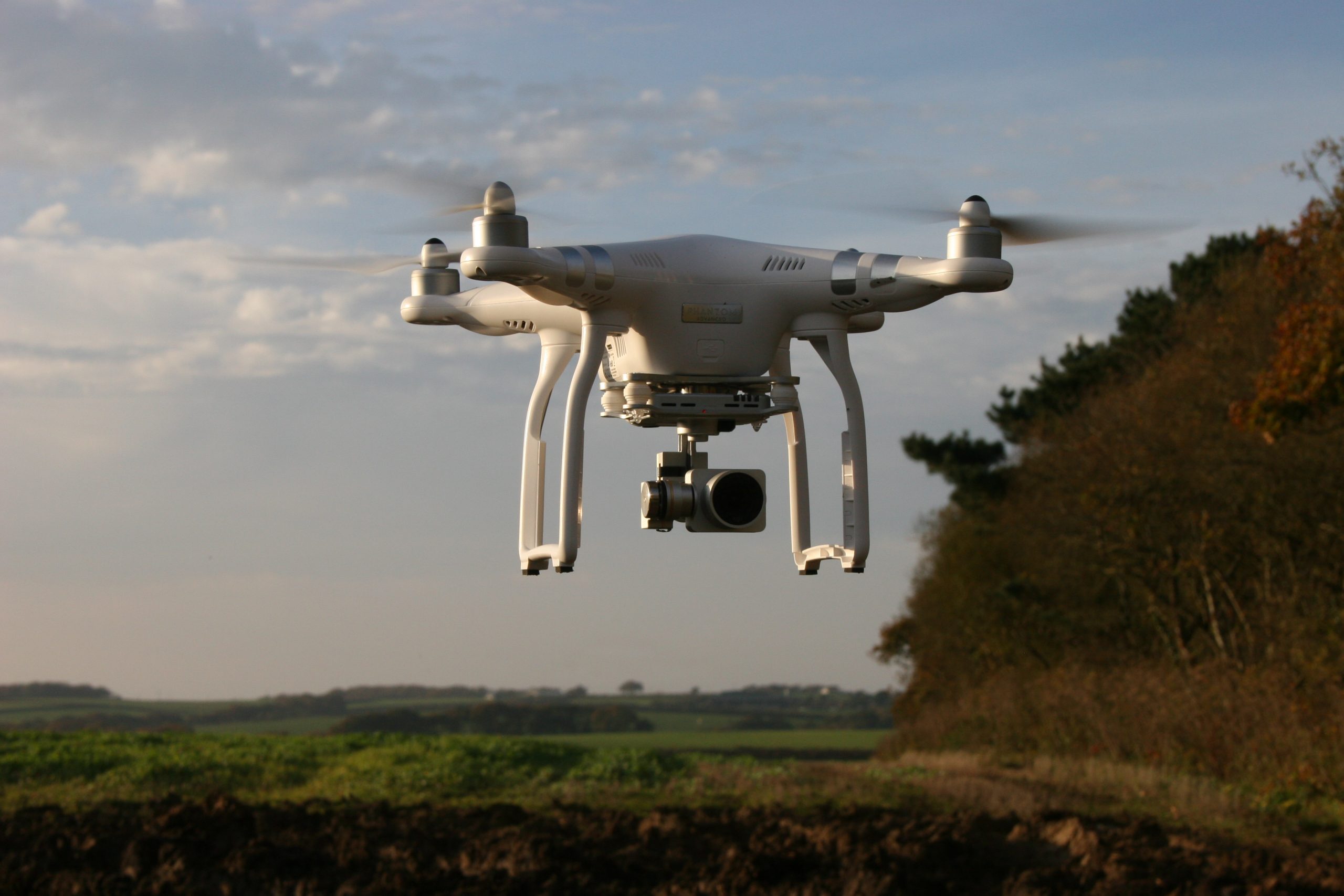
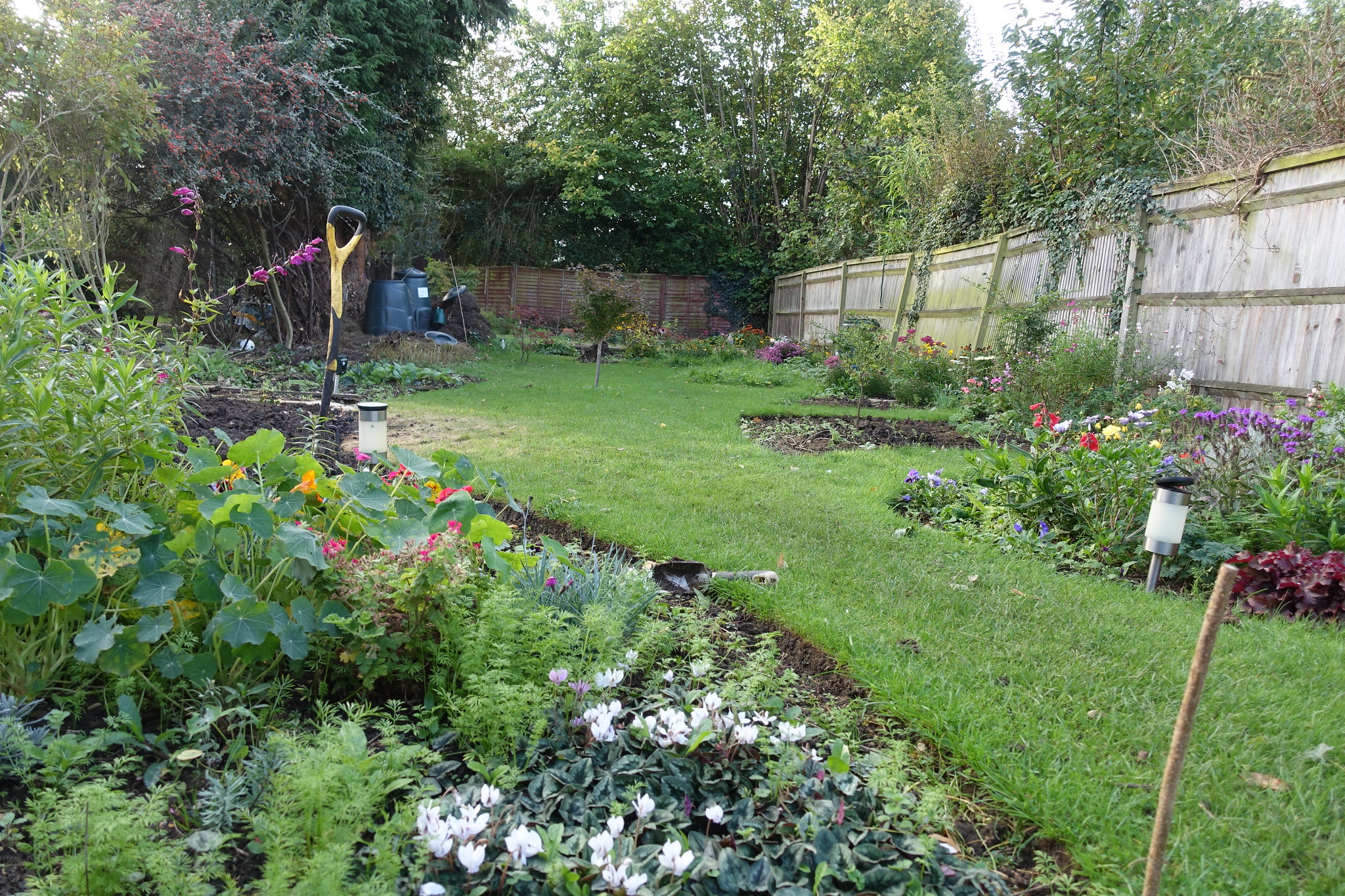
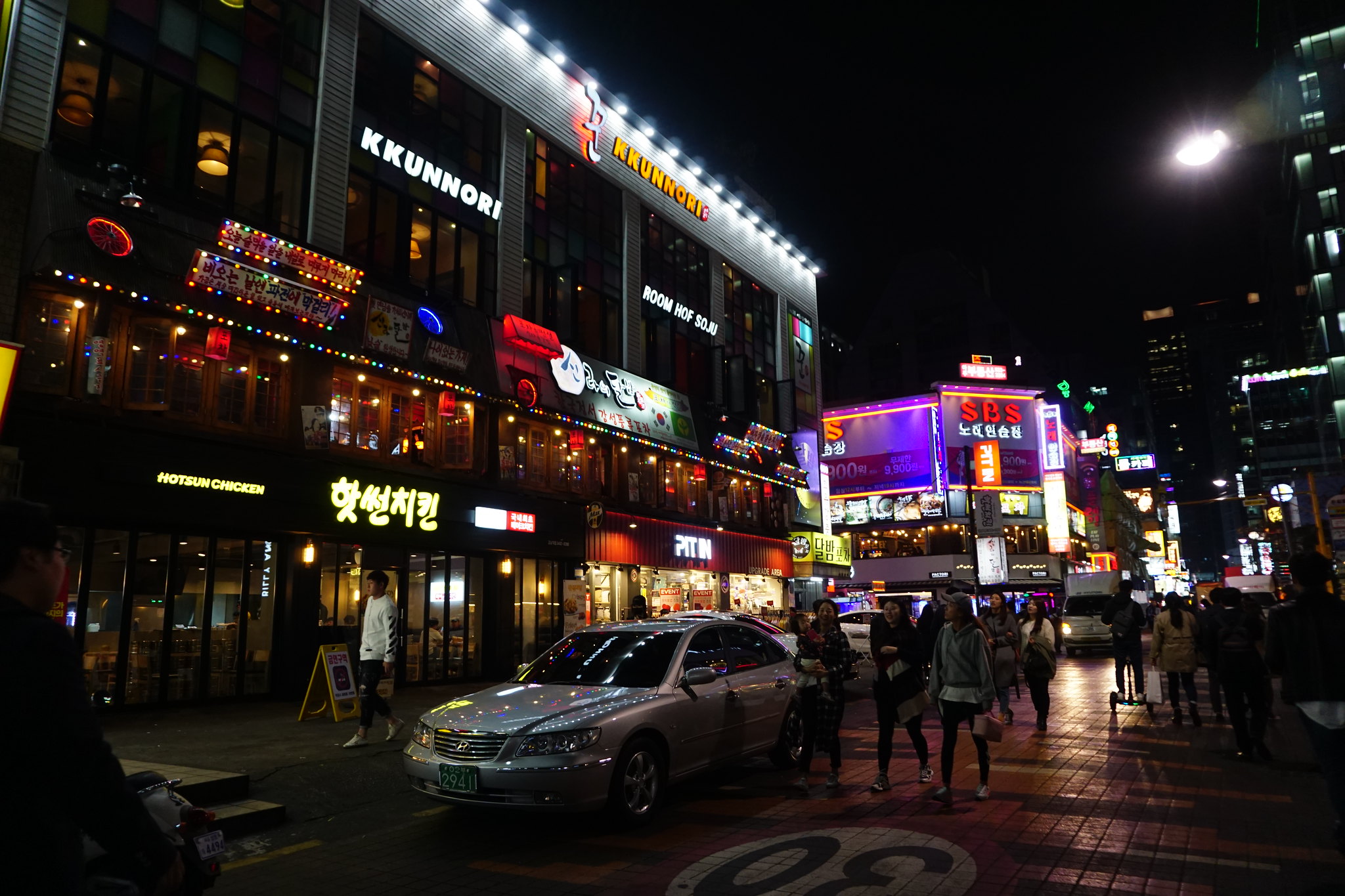
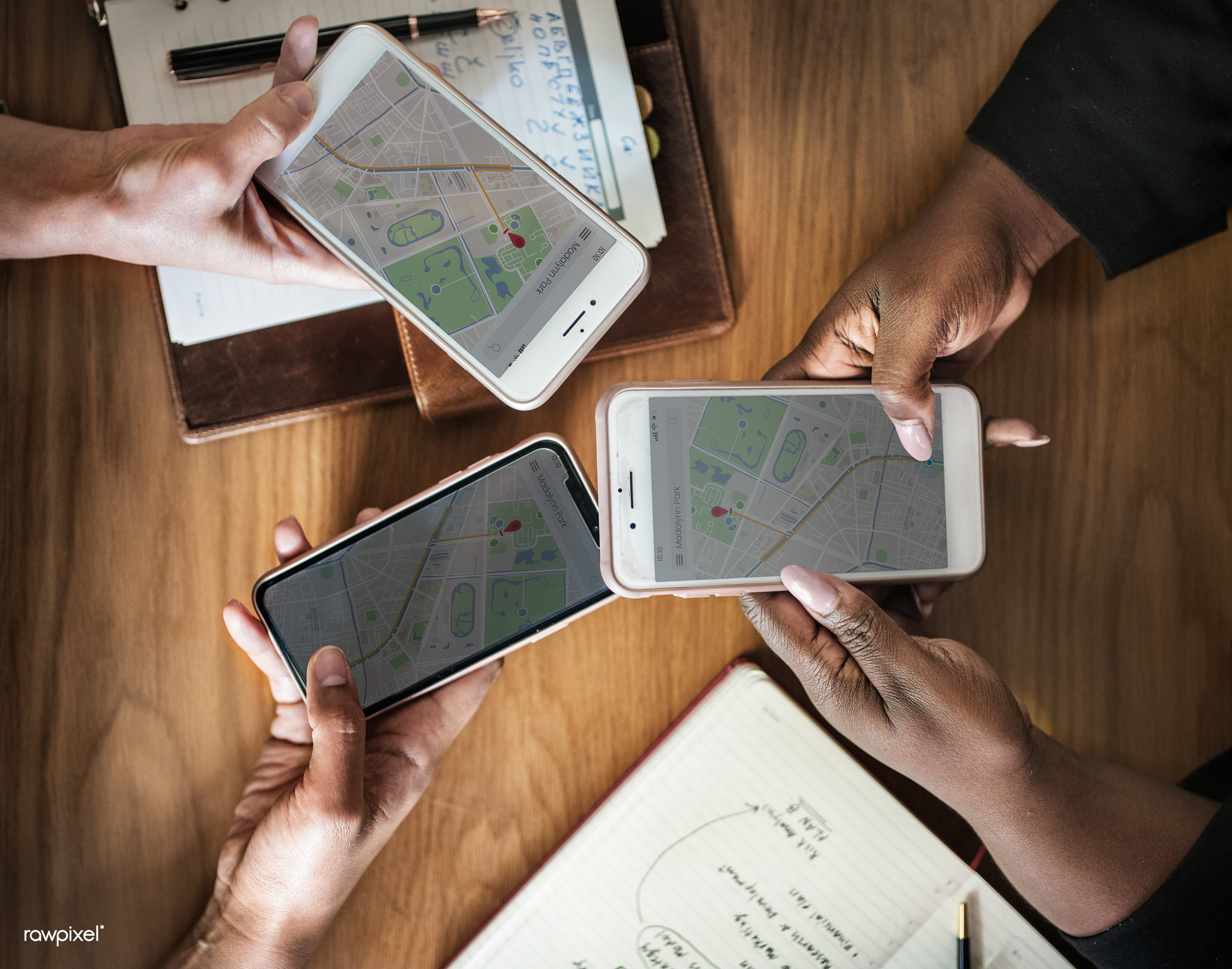
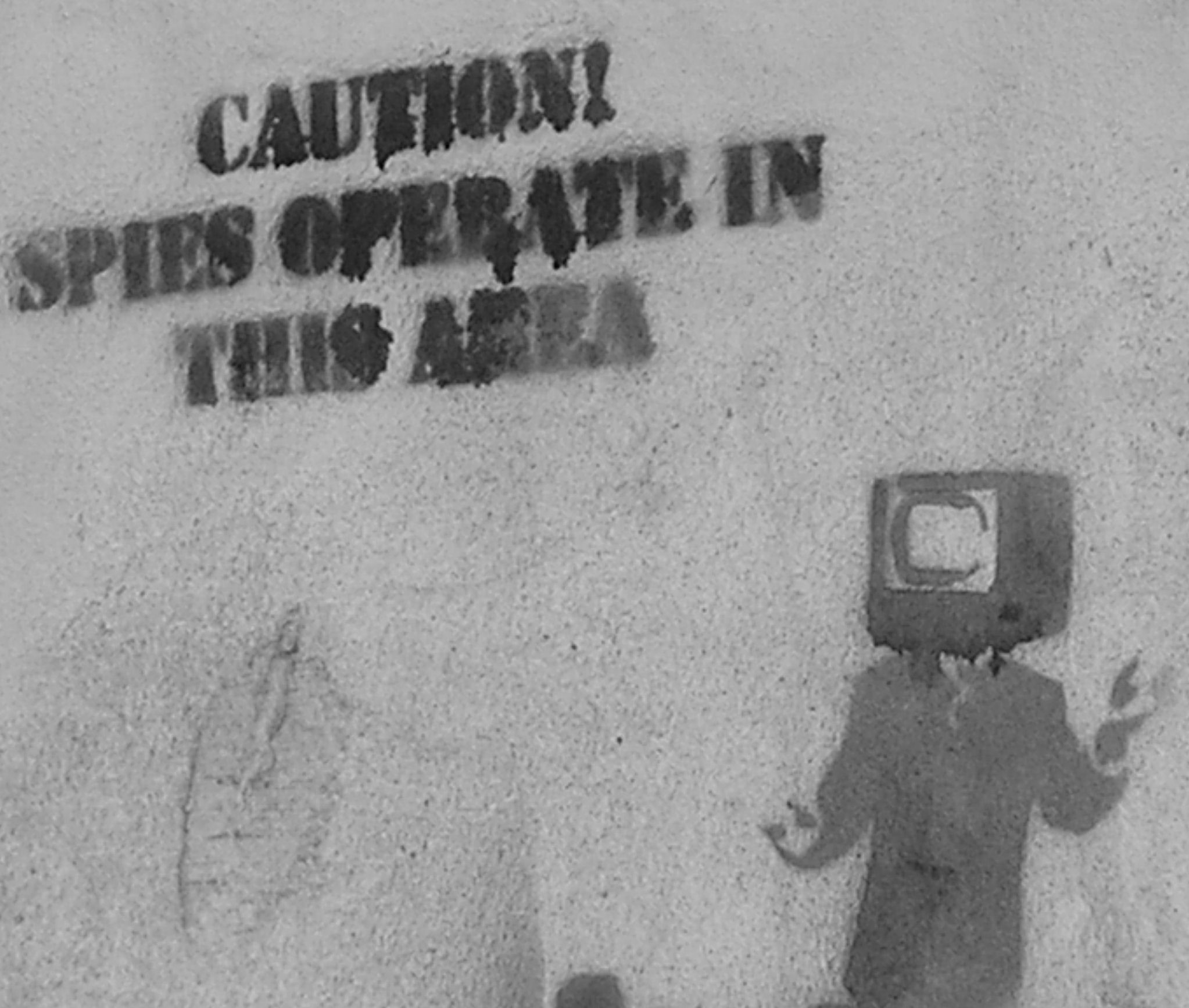
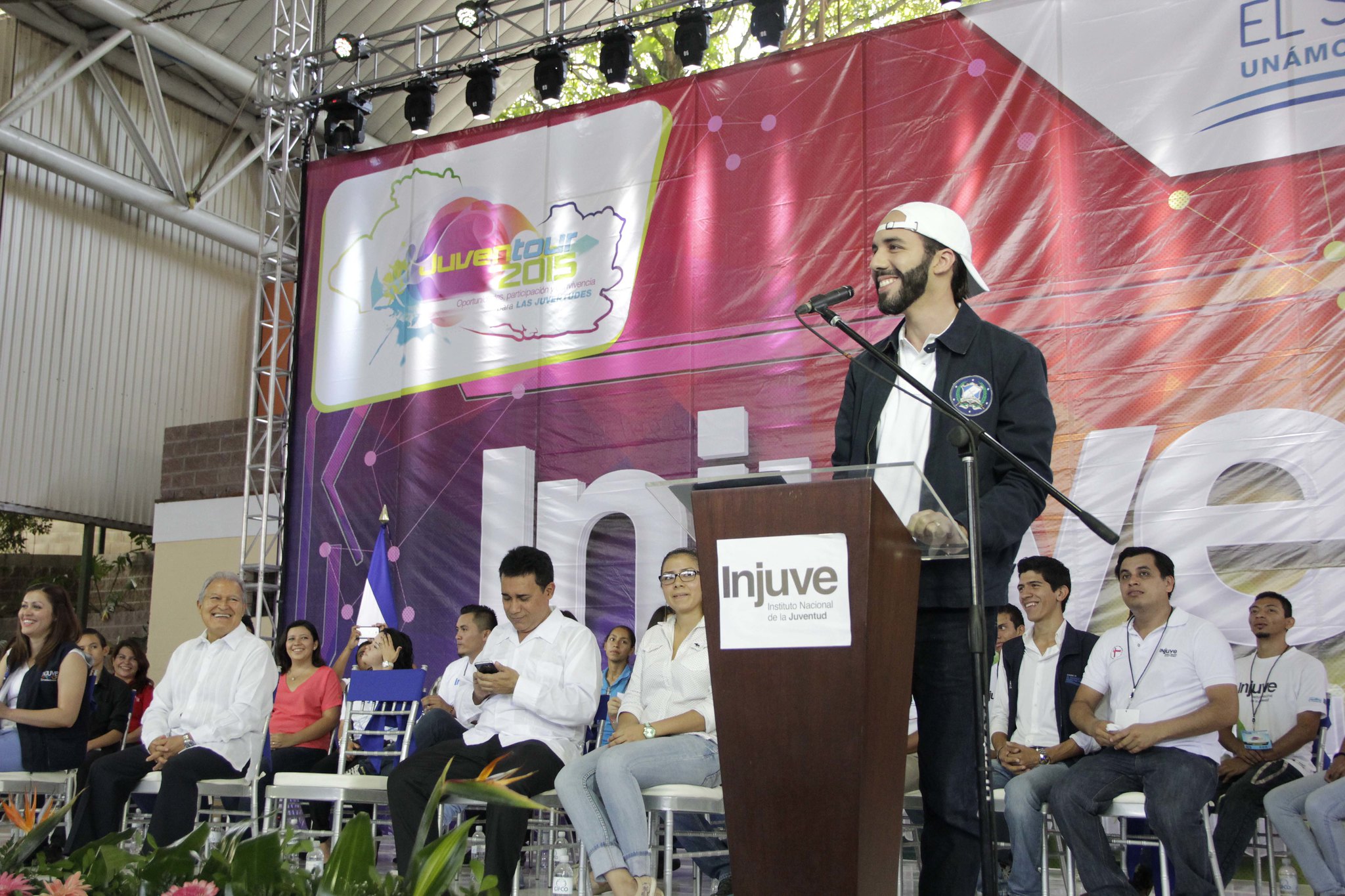
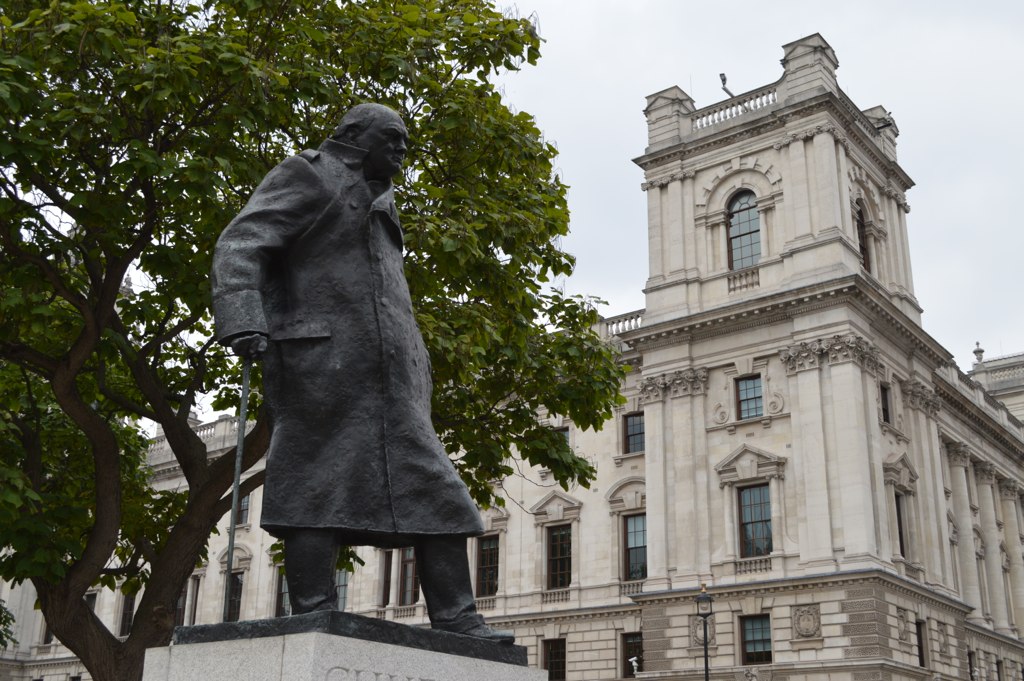
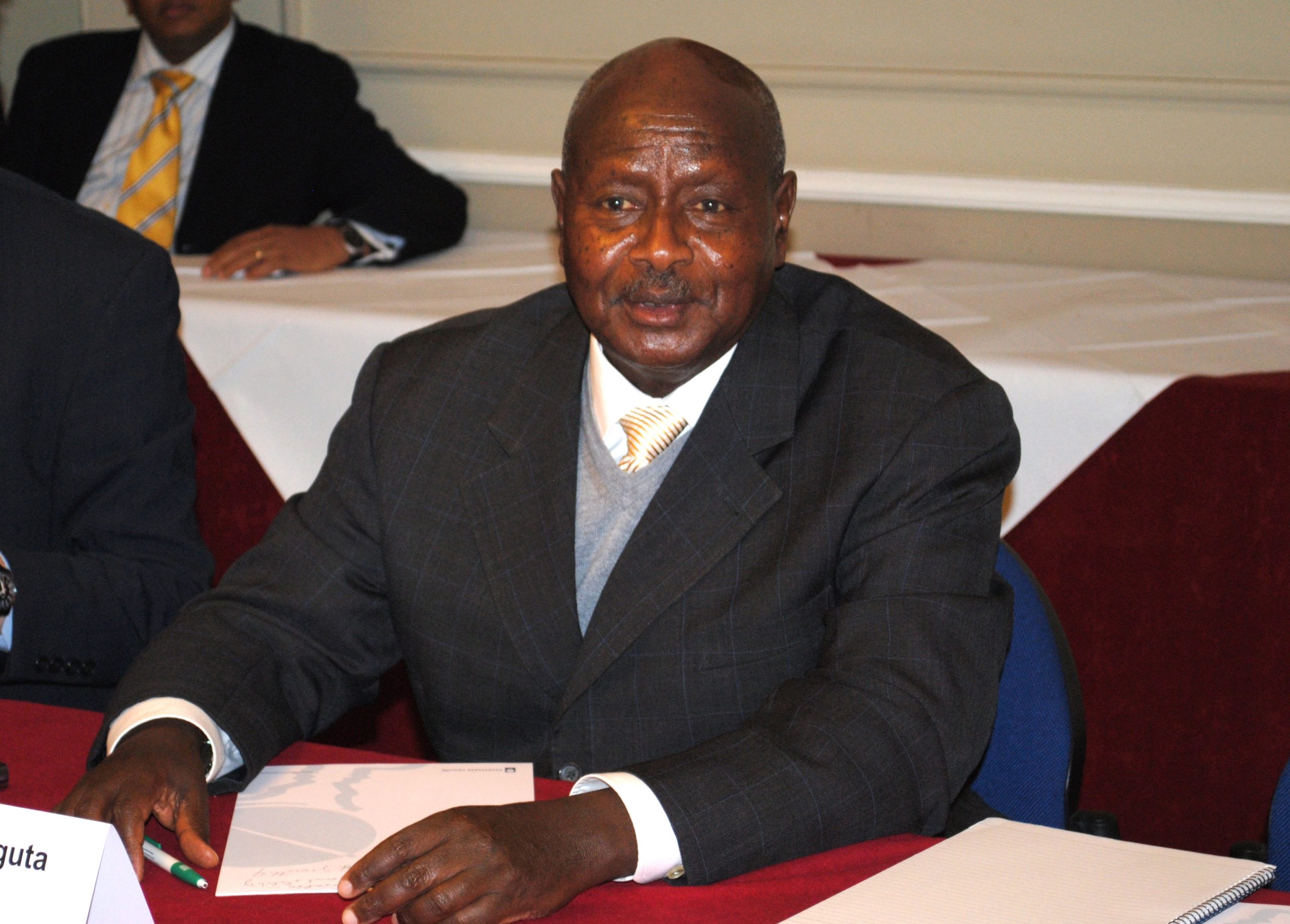
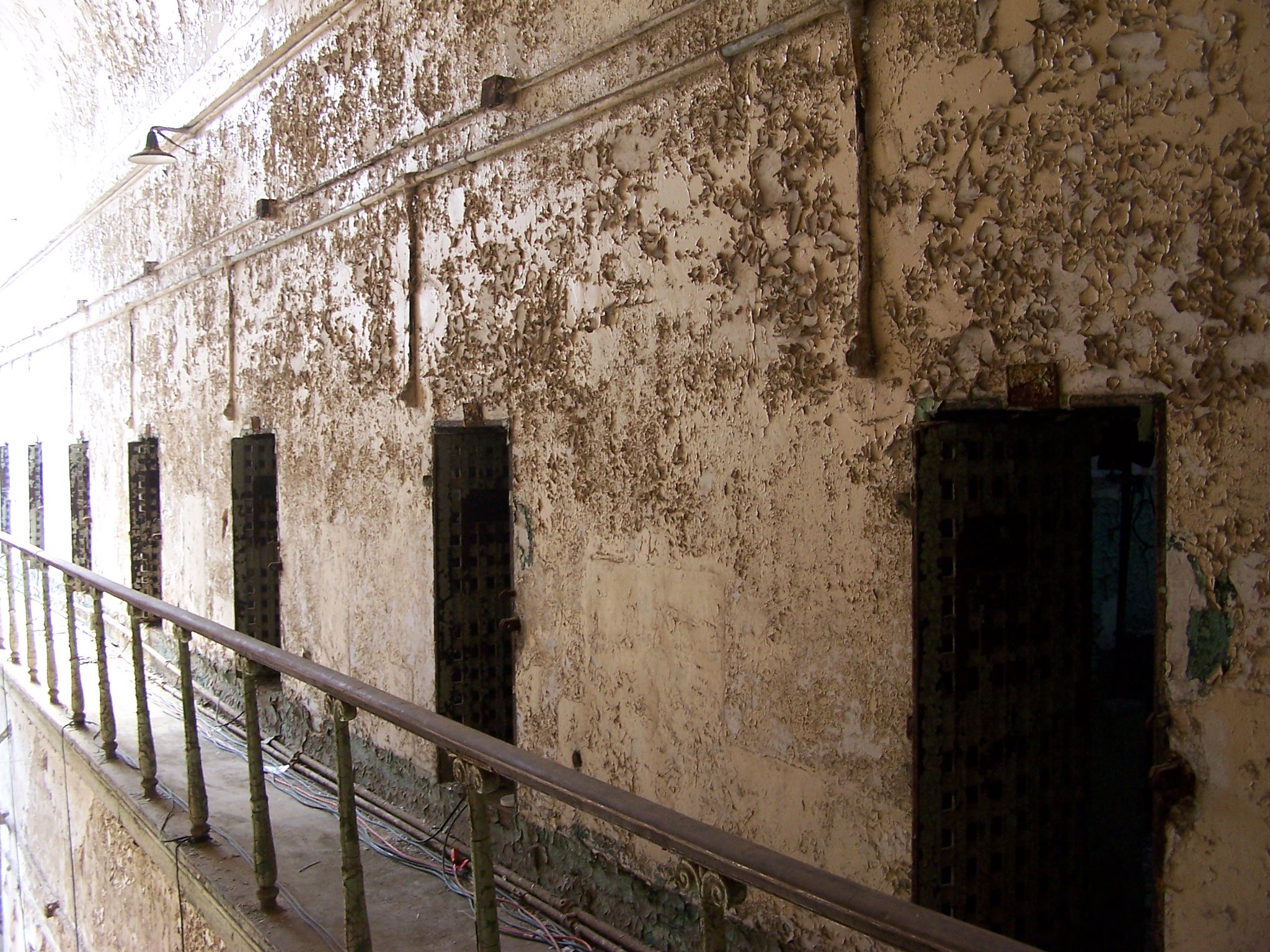
[vc_row][vc_column][vc_column_text]Deputy editor of Index on Censorship magazine Jemimah Steinfeld talks to The Telegraph’s James Cook and Sophie Yan about the impact of technology on China’s tendency towards censorship beyond its borders.
“China exports its censorship. This is something that will become more common if companies like Zoom don’t take a stand now. I say this because we have already seen it happening. This is not the first example.”
Read the full article here[/vc_column_text][/vc_column][/vc_row]
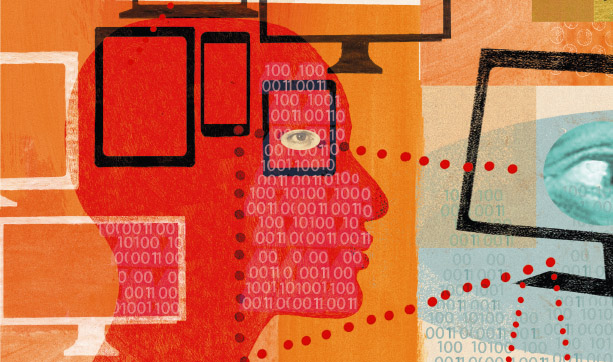
CREDIT: Donna Grethen/Ikon
In some ways, it’s a good thing there are no parties at the moment, I would be the person trapping you in the corner, explaining the difference between centralised and decentralised Bluetooth contact-tracing apps, and why de-centralised is better for your privacy, and why some governments are so keen to use the other kind to get more data.
If you’re lucky, we might move the conversation on to how weird it is that Google and Apple are co-operating to design their own, decentralised, privacy-protecting, software for contact-tracing apps – and how it’s even weirder that the two tech giants are effectively forcing governments around the world to use that system.
They want their app to work properly on Apple or Android phones (i.e. most smartphones), because an effective app needs about 80% of smartphone users to run it.
I mean, Silicon Valley protecting our privacy against our own governments? Unprecedented times, indeed.
At this point, let’s suppose that I pause to sip my beer and you make your escape. If we were both using a contact-tracing app, the fact we’d been close together would already have been logged.
We might never have to share that information, especially if neither of us is diagnosed with Covid-19 in the near future, but our social connections have become fodder for state surveillance in a way that would be anathema in normal circumstances.
In South Korea, contact tracing has been very effective at containing Covid-19, but it also publicised the locations of Seoul nightclubs where recent infections took place, which led to the stigmatising of the gay community.
While I have reservations about particular uses of technologies, I accept that our social connections have become the vector for a nasty virus.
I would welcome an efficient system of contact tracing, which means one run by humans even though that makes it even more intrusive.
Coronavirus is a shared problem that needs shared solutions, and I have voluntarily signed up for other apps that request much more personal information to help researchers under-stand and track the pandemic.
But remember the wise words of former Chicago mayor Rahm Emmanuel (and Winston Churchill, and Niccolo Machiavelli): “Never let a good crisis go to waste.”
More importantly, remember that those in power have already remembered that. Measures being taken now to fight a deadly virus might turn out to be handy for other purposes later. Further research that could be useful for future pandemics- who could object to that?
You can read the whole of this article in our Summer 2020 issue, available by print subscription here and by digital subscription here.